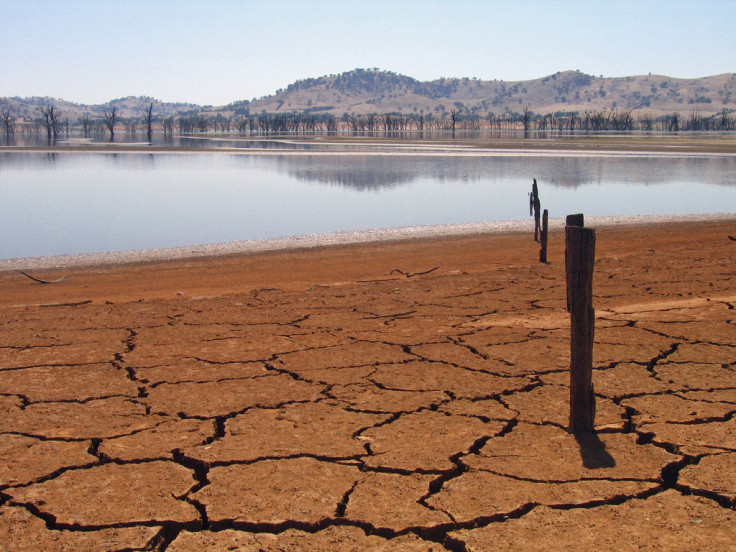Water scarcity affects 71% of the global population as droughts worringly increase

At least two-thirds of the world's population experience water scarcity every year. Researchers from the University of Twente have said that 4 billion people will face a lack of water for at least one month in the calendar year.
The investigation, published in the American Association for the Advancement of Science, says that significantly more people face severe water scarcity than previously believed. These previous studies estimated that at least 1.7 billion people suffer from drought.
"We find that about 71% of the global population (4.3 billion people) lives under conditions of moderate to severe water scarcity at least one month of the year," write the researchers in the report. "Half a billion people face severe water scarcity all year round. Of those half-billion people, 180 million live in India."
To find their conclusion, the researchers had to calculate blue water scarcity – the amount of groundwater and freshwater used, compared to how much is available – and the amount of global run-off. The scientists designated each part of the world with its own 'grid cell' – about the equivalent of 50km each.
Once they had all of their numbers, the final stage was to categorise each grid cell by its water scarcity. The researchers write that if the water scarcity value lies between 1 and 1.5, the region was categorised as experiencing moderate water scarcity. Likewise, between 1.5 and 2 is significant water scarcity, and anything above two was counted as severe.
Every single month from 1996 to 2005 was then calculated, and the results showed that 4 billion people experience at least some form of water scarcity at least once a year – more than double previous estimates.
Half of that four billion is made up of populations from China and India. The US experiences huge drought too, as 130 million citizens suffer – mainly in western and southern states.
Bangladesh (130 million), Pakistan (120 million), Nigeria (110 million) and Mexico (90 million) all experience water scarcity, too. Even worse, 80 to 90% of the populations in Libya and Somalia experience severe water scarcity.
The researchers say that combating this scarcity will be a very tall order. However, the best way to approach it would be to promote sharing of the limited resources between nations, and to put caps on using more freshwater than is completely necessary.
"Meeting humanity's increasing demand for freshwater and protecting ecosystems at the same time, thus maintaining blue water footprints within maximum sustainable levels per catchment, will be one of the most difficult and important challenges of this century," the researchers wrote. "It will be important that governments and companies formulate water footprint benchmarks based on best available technology and practice."
© Copyright IBTimes 2025. All rights reserved.






















